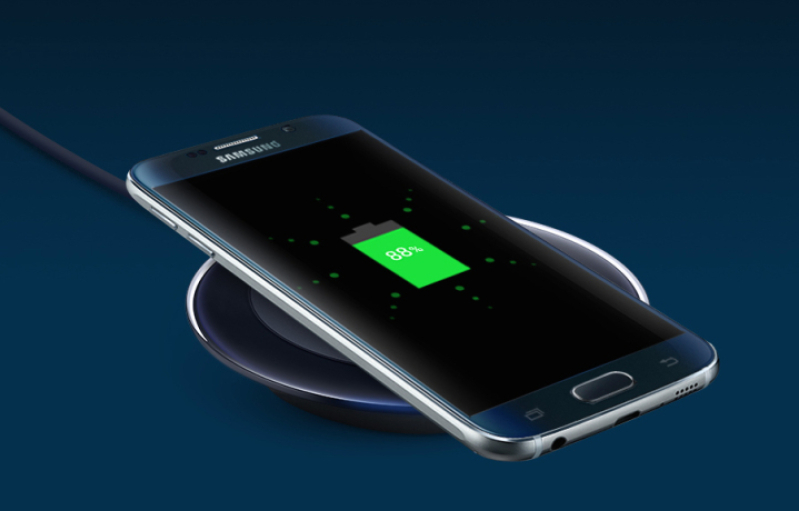
Korean electronics giant Samsung may have figured out how to double the battery life of its smartphones.
According to Ian Paul of PCWorld, scientists mostly affiliated with Samsung have made claims that they discovered a way to make next-generation lithium ion batteries carry more energy than current batteries available on the market. Their findings have been published in the journal Nature.
"The key to the new batteries is silicon, which is a great material for anodes (the electrode through which a battery's electrical current flows) because it can hold a larger charge than graphite-based anodes," Paul wrote. "Scientists have been talking about silicon anodes for years, and some lithium ion batteries are already using silicon because of its larger capacity."
Paul explained how silicon worked in the charging of lithium ion batteries.
"The silicon shrinks back to its normal self once the battery discharges, but you need to provide more space in the battery to allow for the silicon's increase in volume with each charge," Paul wrote. Plus, that repeated expansion and contraction causes silicon to break down over time."
Paul added that the expansion issue of silicon makes the material lose conductivity "in a much shorter time frame than current lithium ion tech." Samsung's researchers claimed they found a way around that problem.
"To get around the expansion issue, Samsung's researchers say you can take that silicon and grow some carbide-free graphene on it as a coating. This coating helps counteract the expansion, and keeps the silicon intact for a longer period of time," Paul wrote. "This means you can end up with a smaller battery with a greater capacity than current technology."
Jon Fingas of Engadget elaborated in simple terms what the finding meant for the average person.
"In experiments, they got batteries that were 1.5 to 1.8 times denser than what you get today," Fingas wrote. "If your smartphone barely makes it 12 hours before giving up the ghost, this would theoretically give you 21 hours -- enough that you wouldn't have to panic if you forgot to plug in before bedtime."
Fingas warned that the research findings may take some to apply in the real world of batteries.
"This is still a research project, and it could take years before Samsung translates its breakthrough into real-world products," Fingas wrote. "Should everything go smoothly, though, this could be crucial in just about any situation where adding a bigger battery just isn't an option."
Scientists involved in the project hoped the new technique "can serve as a prototype in advancing silicon anodes to commercially viable technology."







